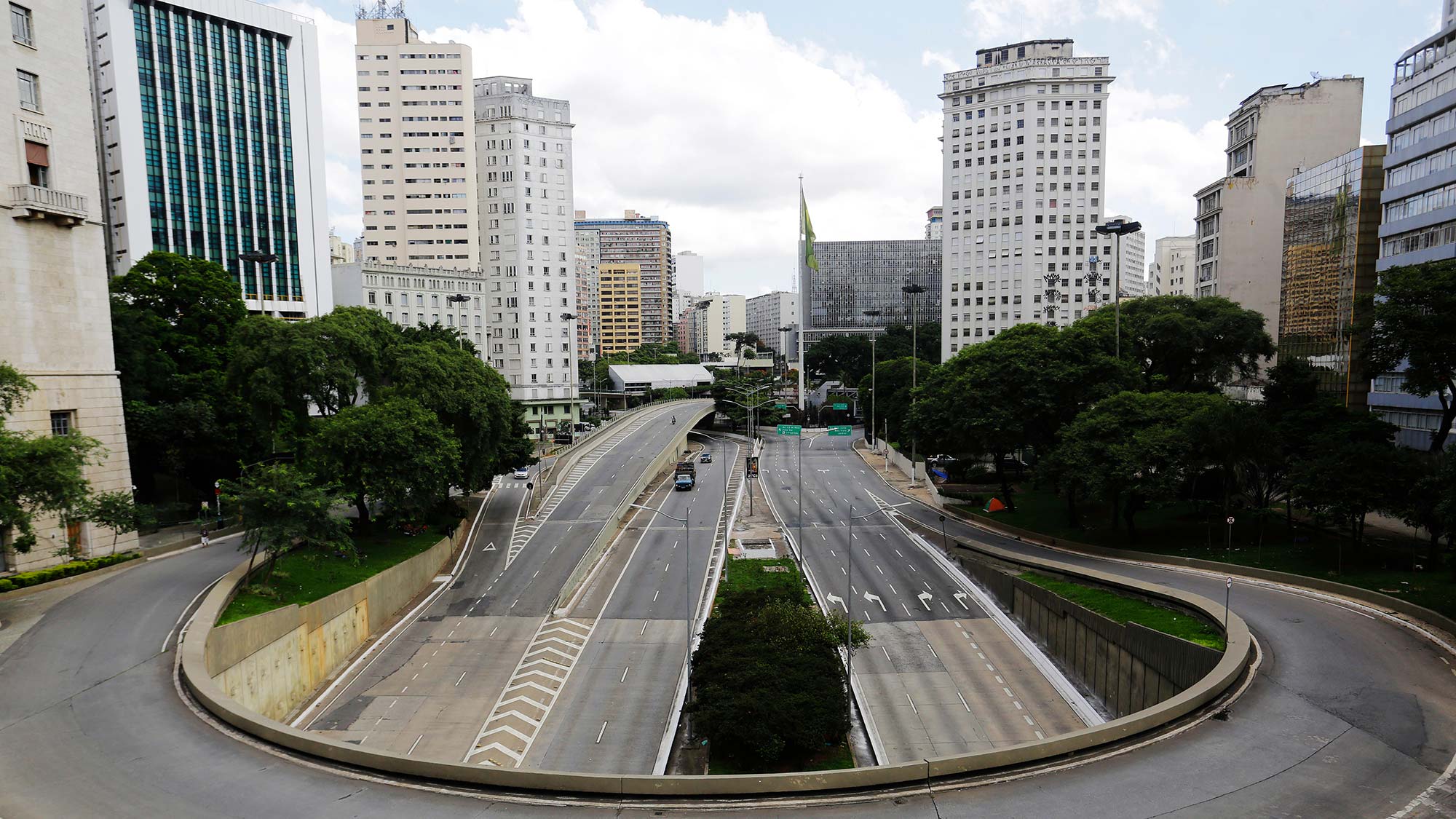It’s a good time to pause for thought.
COVID-19 is a global health crisis like no other, with a devastating loss of life and significant economic, social and environmental impacts. Across the world, cities and their residents find themselves living and working in very different ways. As practitioners involved in shaping the built environment, we are learning rapidly from the experiences of different cities – sharing this knowledge, exploring new data and thinking about the longer term implications.
Though these are difficult times, we remain optimists. As many have observed, a crisis is often also an opportunity to change direction, to choose a better path. Our colleagues across the world are exploring what those changes might look like, and what the pandemic might teach us about how to shape a better world.
Social value moves centre-stage
The pandemic and our communities’ inspiring response to it prove that, in future, social value should no longer be a ‘tag on’ to projects or a ‘nice to have’. It must be front and centre.
A resilient city is built on community spirit
Community spirit is a critical part of city resilience. As planners and designers of cities and neighbourhoods, we must think much harder about how design can enable social interaction and neighbourliness.
Cities need to take control of plans to reboot their economies
Cities can learn from this crisis to build a different economy. Here are six ways cities can put in place the building blocks to kick-start and build more resilient, inclusive and productive economies as we emerge from the COVID-19 crisis.
Meet ‘the place-shifters’
We are seeing a massive social, economic and environmental experiment where people have time-shifted and place-shifted their work to accommodate their family lives, and keep themselves safe from the virus. What will happen after the crisis has passed?
How do we remain flexible, digital nomads?
Never before have the physical and digital realms been this sharply juxtaposed at such a scale, and our experience could change our approach to urban planning through the rest of the century.
Fragility to resilience: how African cities can adapt
We should push African cities to use the current crisis as an opportunity to take much more seriously their adaptive measures to both short term shocks like pandemics, or natural disasters and the longer-term effects of climate change if we are to secure better outcomes for the continent’s urban poor.
City resilience takes creative collaboration
City governance is in the spotlight. The way municipalities run cities must shift in focus from management to governance, involving more stakeholders from the city in the decision-making process is more important than ever. Our ability to overcome this (and the next!) crisis may well depend on it.
Rediscovering (our) nature
The impacts should not be underestimated or downplayed. But some of the lifestyle changes that have been forced on people over the last few weeks could be important to hold on to, as we emerge from the immediate crisis.
Changing equations for density-driven cities
Cities’ dependence on density risks becoming a threat to their function. The path to a new normality will require policies and programmes that may well need to be radical and innovative.
A preview of the climate healed?
The crisis has fast-tracked the digital revolution. I hope we will embrace it as we emerge from lock-down, as there is real value to be captured from the new, more socially inclusive and lower carbon norms that have emerged.
Google, are the birds singing louder?
This pandemic has laid bare cracks in American society. Gun sales rose to record levels in March 2020. African Americans are dying from the virus at twice the rate of whites. This is a moment to reimagine systems of production and consumption, design and lifestyles, safety nets and basic rights.
Our cities must remain social
Don’t be quick to jump to bleak conclusions. Let’s retain our confidence that ‘the new normal’ will, in most respects, enhance the elements of city life that people already value.
Active transport for all
As we get back on the move, cities like Amsterdam have the opportunity to quickly implement solutions that improve movement and reduce disease transmission risk.
Urbanisation will continue, stronger than before
Pandemics have a long history of shaping urban life and pushing innovation to tackle challenges. Despite the current health crisis, the core forces of urbanisation are unlikely to be reversed.re important than ever. Our ability to overcome this (and the next!) crisis may well depend on it.
We need stronger, realtime supply chain management
We are learning that cities’ supply chains rely need stronger digital infrastructure supported by a strong web of interconnected data, with the ability for this to be easily adapted in response to rapidly developing situations.
In Singapore a global virus reveals local inequalities
Singapore was considered the ‘gold standard’ in managing the spread of the COVID-19 virus at the beginning of the crisis. But as hidden, dormitory workers cause a second-wave of infections, inequalities have been revealed, ones we must tackle.
One virus, many new questions
There are many new questions. But most deeply, how can we harness and honour the power of community we have seen so demonstrably and movingly in this crisis? We need to see profound and creative engagement with our people.
Can ‘urban overlay’ help us beat the virus?
Resilient planning can no longer be just a single situation masterplan, but must demonstrate how reasonable occasional events, particular to specific places, can be planned for in readiness.
A more resilient food system
Crises like this bring focus to what is truly important, like access to healthy and nutritious food. For countries that rely on imports, with lock-downs disrupting both the flow of goods and skilled labour, food shortages now seem plausible. Yet a more resilient food system is possible.
Re-planning the city
The pandemic encourages us to rethink city planning. It pushes forward the need for a more human-centred approach than we have had. Resilience needs to respond to a wider range of ’shocks.
Lessons for New Zealand’s post-virus future
The virus has shown us that we can’t take life or our economic system for granted and that we must use the opportunity this crisis presents to take positive action and shape a better future for New Zealand.
Can healthcare repair London's fortunes?
As London looks forward it could do worse than place a new city healthcare model at the forefront of its economic, social and physical recovery.
 ;
;


